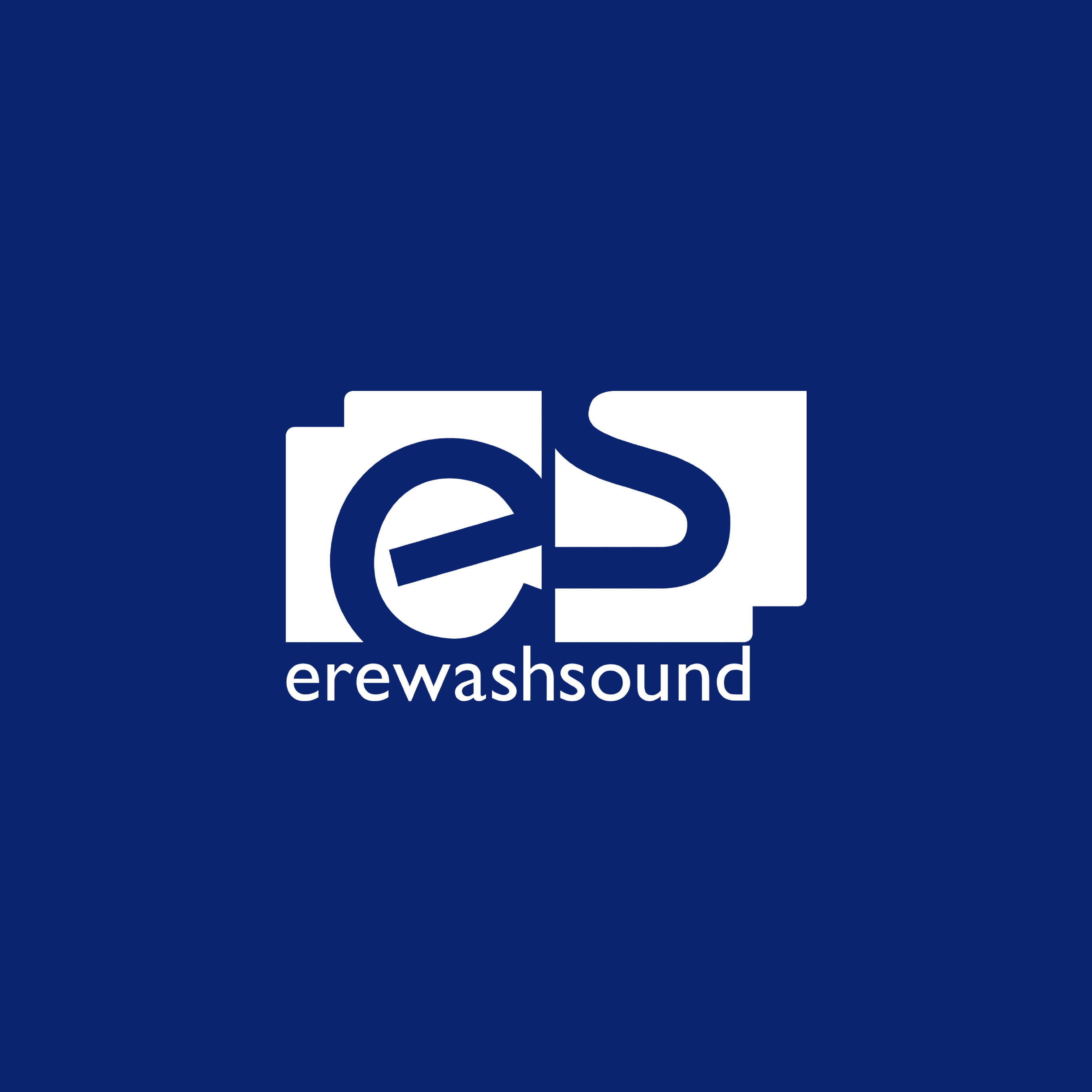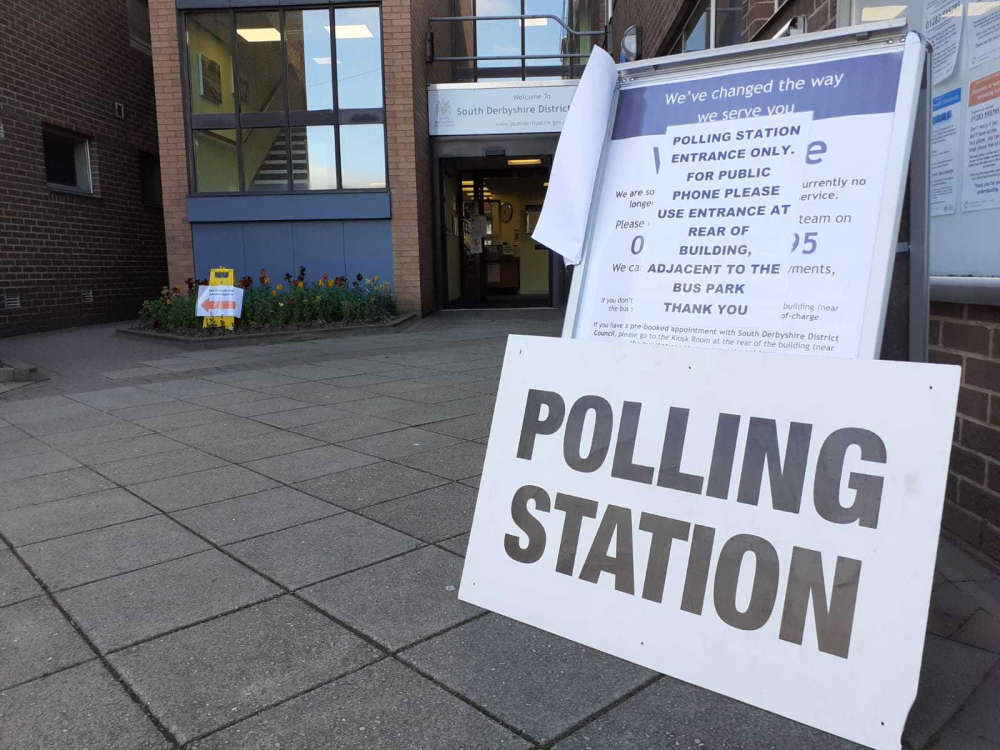
Coffee shops across the county are the focus of a trading standards campaign aimed at ensuring customers with allergies are not being put at risk or misled by being sold contaminated products.
A Derbyshire County Council trading standards team are to visit a number of independent and chain coffee shops over the next few weeks and pose as members of the public to buy hot drinks, requesting they are made with plant-based milk and are dairy milk-free.
The sample purchases will then be sent for testing to analyse if the drinks contain any traces of dairy milk.
Similar tests carried out in other areas across the country have resulted in high failure rates which has raised concern and prompted Derbyshire’s trading standards to launch its latest crackdown.
In other areas, the high failure rates are thought to have been caused by cross contamination from steamer wands, or other equipment used to make drinks.
Drinks that are supposed to be dairy milk-free but which are contaminated with dairy milk can cause a person with a dairy allergy to go into anaphylactic shock, which in the worst case could lead to death.
Retailers selling drinks containing dairy milk proteins to a person with a dairy allergy could be breaching the Food Safety Act 1990, for supplying food or drink which is unsafe or not of the `nature, substance or quality demanded by the purchaser’.
Penalties for these offences could be warnings or prosecution leading to a fine or in the most serious cases prison.
Derbyshire County Council Cabinet Member for Health and Communities Councillor Carol Hart said: “This work is extremely important and is part of trading standards’ ongoing commitment to Derbyshire residents to ensure that the food and drink they buy is described correctly and is safe for them to consume.
“Businesses across the county selling hot drinks could be visited at any time over the next few weeks by our trading standards team with test purchases being taken away for analysis.
“It’s vitally important that retailers selling food and drink follow all the strict guidelines to keep people safe, and extremely concerning to think of the consequences to customers with allergies if they don’t.
“In most cases we will first advise those businesses where a failed sample is recorded and look to work with them and support them to get it right, but we will re-visit to ensure strict standards are being upheld. If not, then unfortunately we may take stronger action.”
The results of the sampling programme will be released in the next few months.
Food Standards Agency (FSA) guidelines and advice to businesses in relation to allergens are available by going to Allergen guidance for food businesses section of the Food Standards Agency website

 Derbyshire Police detail extent of blank firing guns and ammunition handed in during amnesty
Derbyshire Police detail extent of blank firing guns and ammunition handed in during amnesty
 May County Council election candidates announced for Erewash
May County Council election candidates announced for Erewash
 County council candidates revealed
County council candidates revealed
 Man charged in connection with robbery in Ilkeston
Man charged in connection with robbery in Ilkeston




